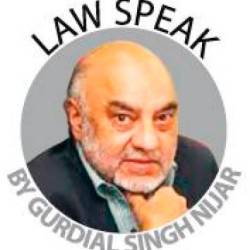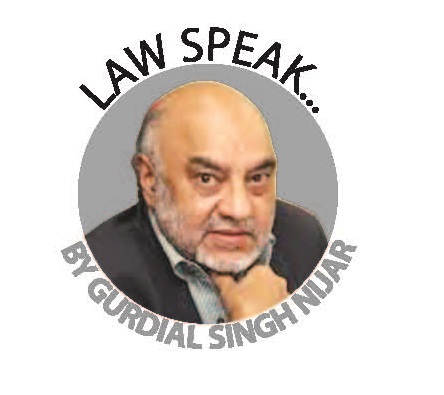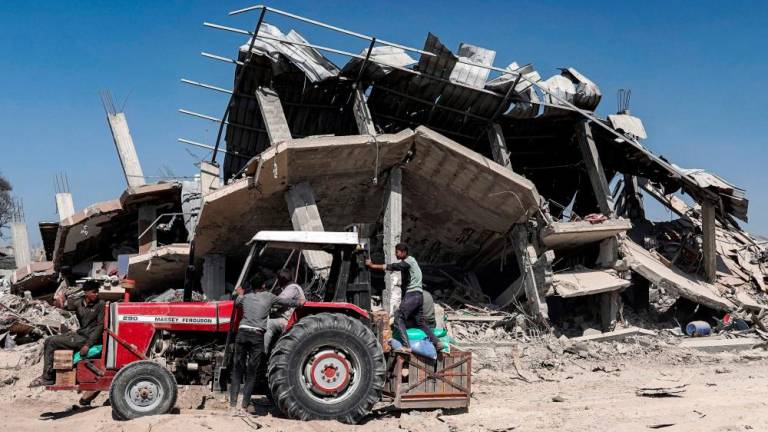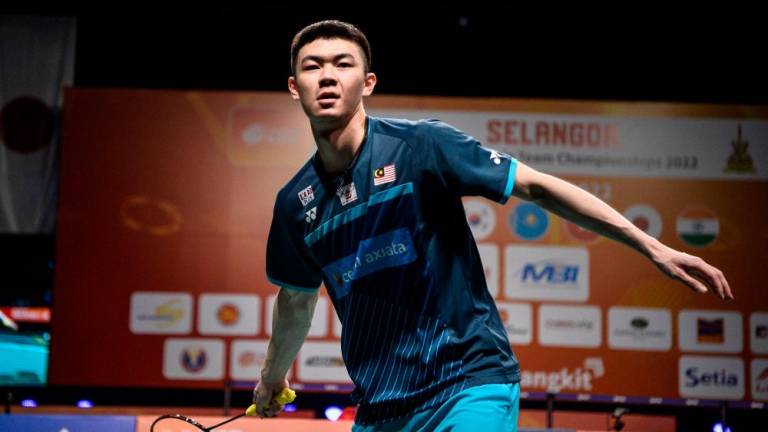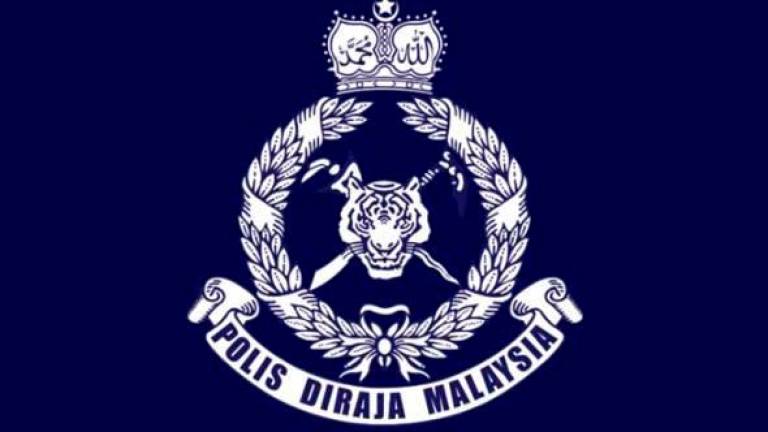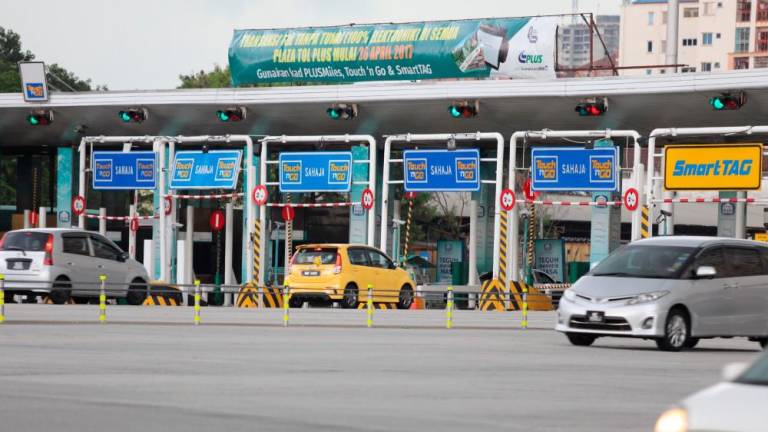SECURITY Offences (Special Measure) Act (Sosma) is in sharp focus once again. With the arrest and charging of 12 men over purported links to the defunct terrorist group, Liberation Tigers of Tamil Eelam (LTTE). The men have been slapped with charges under the Penal Code – which criminalises acts that solicit or give support to terrorist groups or the commission of terrorist acts.
Sosma regulates the trial of these offences and does not create the offence.
This is how it works. For certain designated “security offences”, the person can be arrested, imprisoned and tried in court using special Sosma procedures. These are completely at variance from the regular criminal procedures that criminal courts have been using all this while.
To begin with, a police officer can arrest a person without a warrant of arrest and his period of detention extended to 28 days – entirely based on the police officer’s “reason to believe” that the person is involved in a security offence.
Whereas in normal criminal cases, he must be brought before a magistrate. The police must then justify his detention. The magistrate scrutinises the reasons and decides whether or not to allow the detention; and, if so, for how long – usually a couple of days.
This is an important safeguard provision. As explained by Justice KC Vohrah in Re Detention of R Sivarasa & Ors. So that “... the detention by the police of a person beyond 24 hours after his arrest is not as a result of an executive act but as a result of a judicial decision in consonance with Article 5(4) of the Federal Constitution”.
This safeguard is eliminated by Sosma, thus resurrecting ISA’s detention without trial.
As indeed happened when former Bersih chief, Maria Chin Abdullah was arrested and imprisoned under Sosma on the eve of the last Bersih rally. For this wrongful detention she was recently awarded damages.
Sosma was also used to arrest and imprison a lawyer and his client for their act in reporting the misappropriation of 1MDB-related funds to the Swiss attorney-general. Alleging that they were sabotaging the banking and financial services of Malaysia. The Court of Appeal threw out the charge on the ground that such a charge could not be the subject of Sosma. Also struck out in another case was a Sosma charge of making fraudulent travel passports.
A crowning obnoxious provision is that a person is denied bail even after being acquitted by the trial court. So this innocent person remains in jail for all the long years it takes for the court appeal process to be exhausted and the appeal finally disposed of.
As the present Chief Justice Tengku Maimun made clear in PP v Khairuddin, a person thus denied bail loses his liberty. And the right to the constitutionally-guaranteed fundamental rights and freedoms.
Women and persons below 18 years will, in lieu of bail, be shackled with an electronic monitoring device. Abolished as well is the usual mandatory requirement to give the accused his prior written statement to the police; or any documents or written facts favourable to the accused before the trial starts. A mere summary suffices. Nor is there a right of appeal to get any such information that the judge rules as “sensitive” upon the prosecution’s say-so.
The prosecution is entitled to withhold disclosure of the identity of a witness on an oral application. The witness can then give evidence in such a manner that he would not be seen or heard by both the accused and his counsel. Evidence can be given even if contrary to the Evidence Act.
In short, the regular protective provisions to ensure that an innocent person is not convicted are jettisoned.
All this done in the name of the security of the nation. Undoubtedly, maintenance of the security of the state is indeed vital. Without which it is not possible for the state to protect other values and interests guaranteed by the constitution.
But then history is replete with instances of governments misusing the cloak of “national security” to extend their own political shelf lives. The citizenry’s human rights are posited against the avowed claim of “national security”.
A civilised nation must necessarily reconcile the obligation to guarantee these rights with the need to maintain national security without bruising both. The basis of the reconciliation has to be managed within the context of a nation functioning under the rule of law. That means no arbitrary action or process and no action taken against persons that does not pass the test of reasonableness, fairness and compliance with certain core values of basic rights.
Recall that it was the mantra of the new government, firmly embedded in the manifesto, that the rule of law will reign supreme; and that all draconian laws will be repealed. Sosma qualifies without contest.
The UK House of Lords in A v Secretary of State for the Home Department in a case involving detention without trial of suspected international terrorists warned:
“A portentous but non-specific appeal to the interests of national security can be used as a cloak for arbitrary and oppressive action on the part of government; and – national security can be the last refuge of tyrants”.
One final point. LTTE ceased to exist after its military defeat in 2009. Whatever its designation before, you simply cannot commit or facilitate the commission of a terrorist act of a non-existent group. Is it not akin to issuing a cheque to a company that has long since ceased to exist?
Gurdial a former law professor is the president of Hakam the national human rights society. Comments: letters@thesundaily.com



